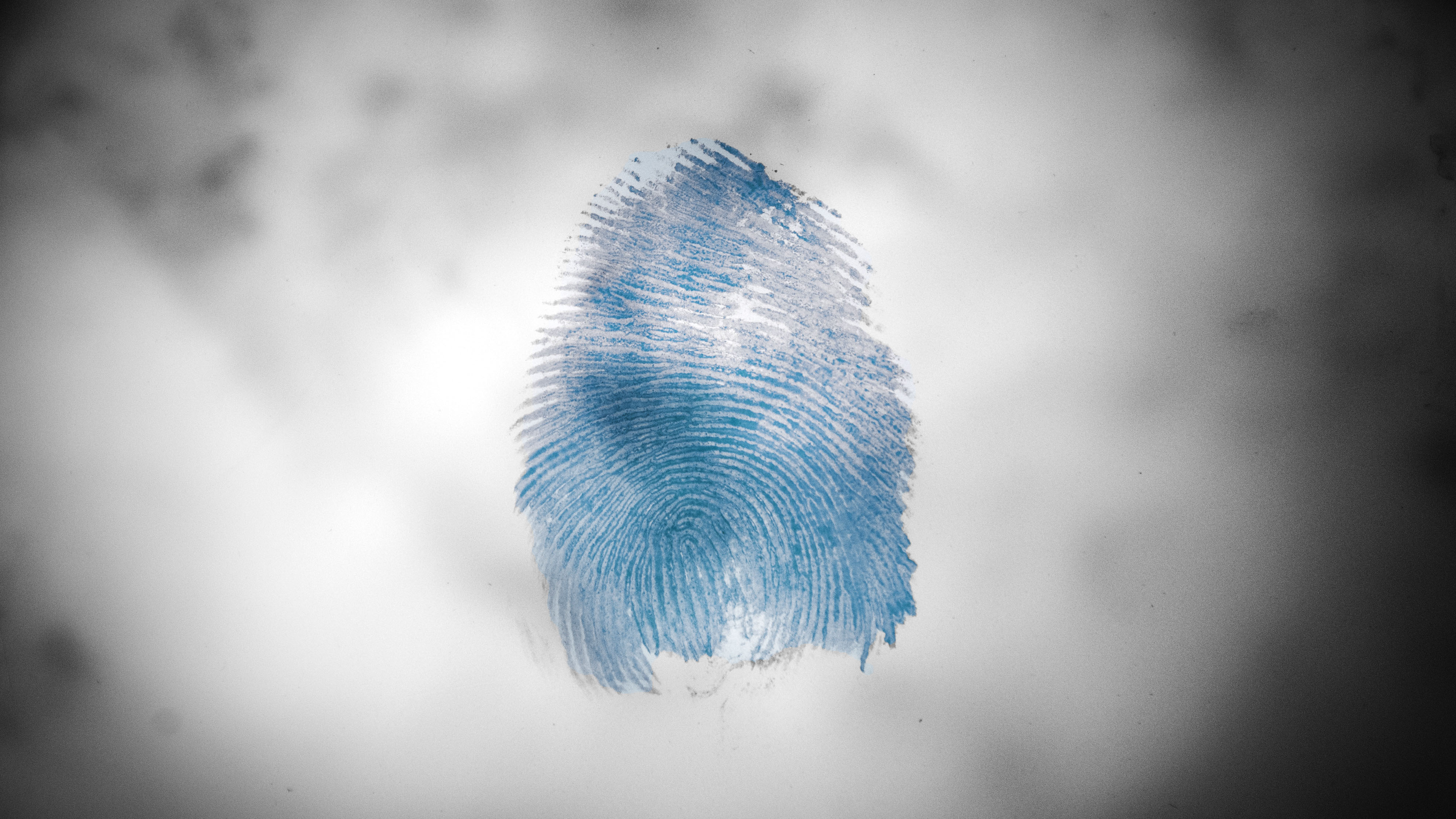Following border regulations put into practice Dec. 31, nearly all international students coming to study in Canada will be required to submit biometric information.
Biometrics are a method of measuring a person’s physical features. Since July 31, 2018, all applicants from Europe, the Middle East and Africa have been required to provide biometrics. These requirements expanded to applicants from Asia, Asia Pacific and the Americas Dec. 31.
Canada will require anyone applying for a visitor visa, refugee or asylum status, a work or study permit or permanent residence from these areas to provide a photo and fingerprints.
However, students enrolled in university applying to renew or extend their student permit from inside Canada are not currently required to submit biometrics.
A statement from the university’s online communications arm, UM Today, warns that this may change and, if so, some applicants may have to leave Canada to submit the biometrics needed to return to study in Canada.
In an official statement, minister of immigration, refugees and citizenship Ahmed Hussen said Canada requiring biometrics “makes sense on so many levels.”
“It strengthens the integrity of our immigration system, while helping protect the safety and security of Canadians,” he said.
Currently, over 70 countries require biometric information for entry.
Esther Wu, a U of M international student studying business at the International College of Manitoba (ICM) program, said the new biometrics requirement is not particularly surprising to her.
“It’s nothing special for me,” she said. “I’m just providing my fingerprints.”
The fingerprint process will become a central part of the application process. Digital fingerprints will be sent to the RCMP, where the information will be stored in an Immigration, Refugees and Citizenship Canada (IRCC) database, where they will be encrypted and securely stored.
RCMP officials will check the fingerprints alongside criminal, refugee claimant, deportee and temporary resident application records. Should there be no issue with the information, the application process will be complete.
If concerning information is found, a central assessment unit from IRCC will analyze the case, and the migration officer involved in the case will make a final decision on the application.
Major airports will verify fingerprints at primary inspection kiosks.
There are some exemptions to the biometrics rule — namely, U.S. nationals applying for a work or study permit will not need to provide them.
Waqar Ahmed, a U of M international student, finds this exemption concerning.
“I feel that it is part of safety protocol, so it’s safer for the country to use biometrics to identify different people,” he said.
“But I feel like just because you’re from a well-developed country like the U.S. […] I think they should just check everyone, instead of just assuming that people from developing and underdeveloped countries would be more dangerous to Canada.”
Ahmed added that despite these concerns, he still supports the introduction of more countries to Canada’s biometrics regulations.
“But increasing it to include more countries, I’m fine with that, because it’s safer for Canada.”
— With files from David Zirangey



